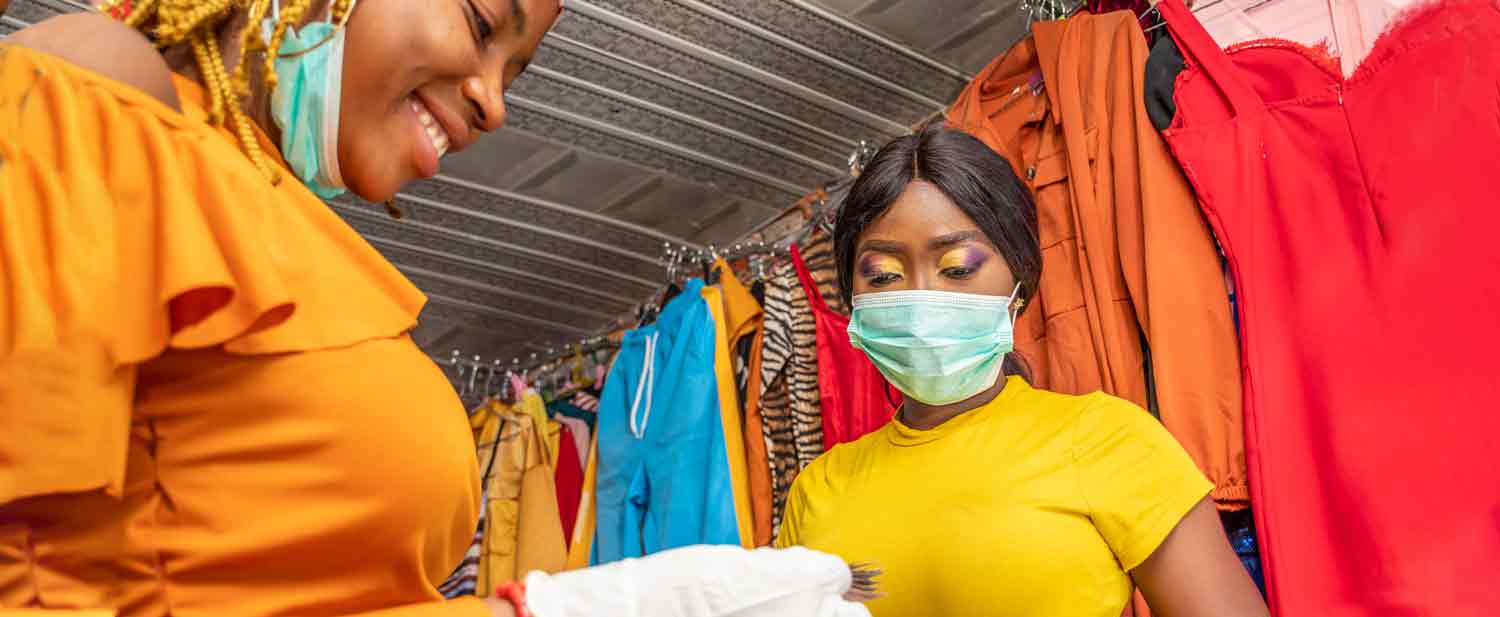By Akanimo Sampson
African Development Bank Group is busy putting a spotlight on women-led businesses and financial institutions. The Bank is gearing to support them.

To this end, business experiences of African women running small and medium-sized enterprises, as well as financial institutions supporting them was the subject of an online event early last month by the African Development Bank and the African Guarantee Fund.
The businesses are all clients of financial institutions participating in the Affirmative Finance Action for Women in Africa (AFAWA) Guarantee for Growth programme.
The programme is a tri-pillar innovation that aims to unlock up to $3 billion in loans to small and medium enterprises in the next five years.
Working through financial institutions, the program addresses the financial and non-financial needs of small and medium enterprises by offering access to finance and technical assistance to enhance their bankability and ability to grow profitable and sustainable businesses.
AfDB’s Director for Women, Gender and Civil Society, Vanessa Moungar, in her welcoming remarks to over 400 online participants said, “women are the heart of our economy and the keys to building a more resilient, inclusive and prosperous society across the continent amidst the global pandemic.”
Participants included women entrepreneurs, women-led business support organizations, development partners, financial institutions, civil society and government stakeholders.
“For my company, I had to borrow collateral to access my first loan, which allowed me to establish Ashleys”, said Terry Mungai, CEO of Ashleys beauty and hair care franchise, financed by Equity Bank in Kenya.
Business and banking leaders said the COVID-19 crisis had exacerbated existing gender inequalities – further limiting women’s ability to take advantage of equitable economic opportunities.
Financial institutions’ representatives taking part in the webinar included: Mary Wangari Wamae, Executive Director responsible for subsidiary oversight at Equity Bank Kenya; and Etienne Mabunda, Commercial Director at Rawbank.
“Our approach is based on designing tailored lending programs with a social support system for which women don’t need collateral. The reality is that women customers are excellent payers. With the AFAWA guarantees, we are more confident to continue giving them loans to expand their businesses”, Wamae said.
Helen Walbey, Head of Gender and Inclusive Business at the Alliance for Financial Inclusion said it was important to have a supporting enabling environment. “There is an urgent need to listen to women entrepreneurs, as well as to educate Banks and governments on women’s market realities,” she added.
“Financial institutions are regulated and expected to work with formal entities. Through the AFAWA regulatory environment framework, the program will work with governments on finding ways to transition women who are in the informal sector to the formal sector, to enhance their ability to access the financing they need”, said Esther Dassanou, AFAWA’s Manager.
Mbuaya Kalenga Madhy, who heads a semi-industrial sewing company, Mwinda M Establishments, transitioned from the informal to formal sector. “To all African women, don’t hesitate to start the business of your dream. You can do it too,” she said.
Program participant Bijou Esther Monga Ilunga Kazadi, who owns Big Five Lodge Establishments in the Democratic Republic of Congo, said banks were starting to create financial products that are adapted to women’s SMEs. “And my dream is to see more women-owned entrepreneurs in Africa taking advantage of them,” she said.
The AFAWA Guarantee for Growth program is supported by the Group of Seven (G7) countries, as well as by the Netherlands and Sweden.





